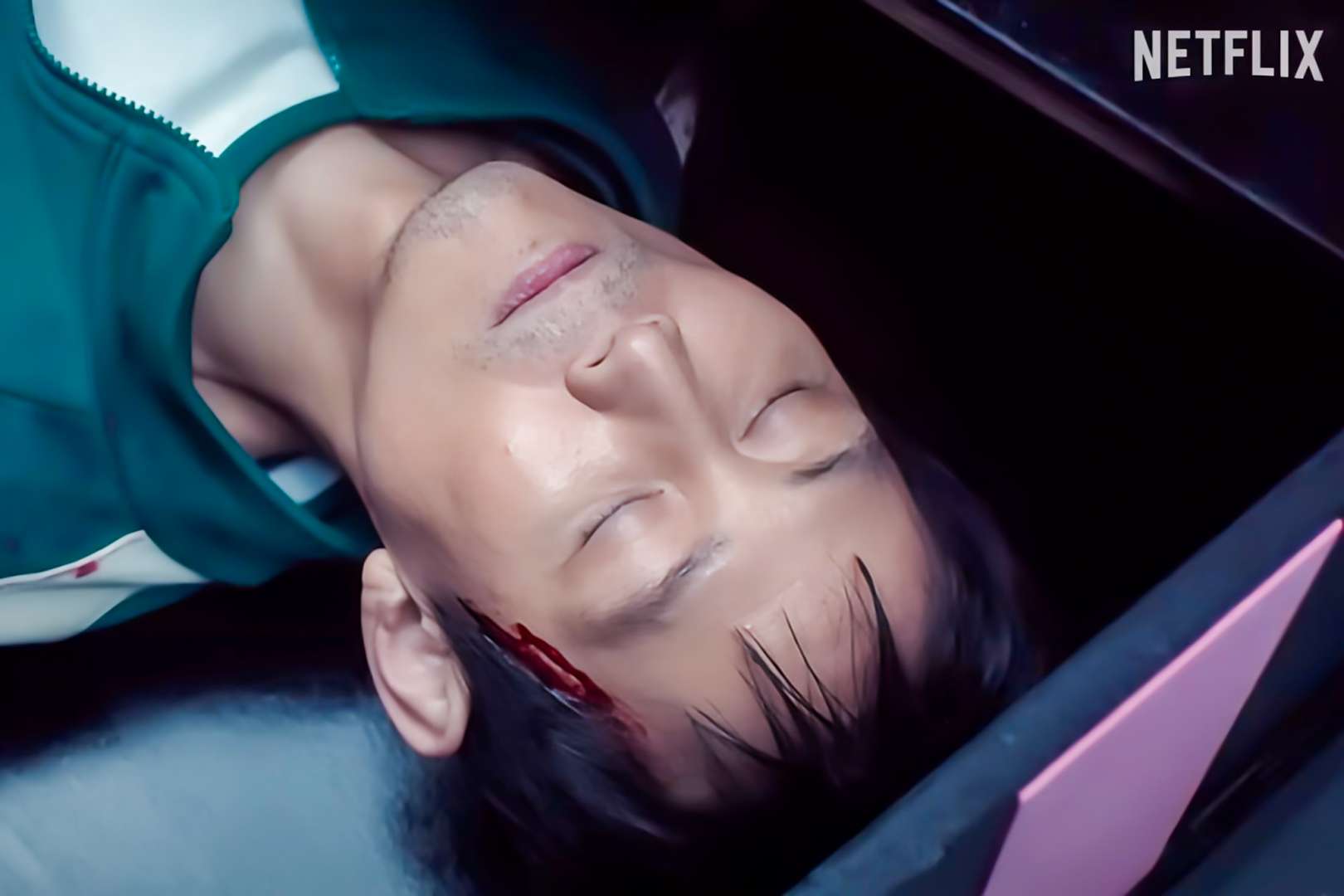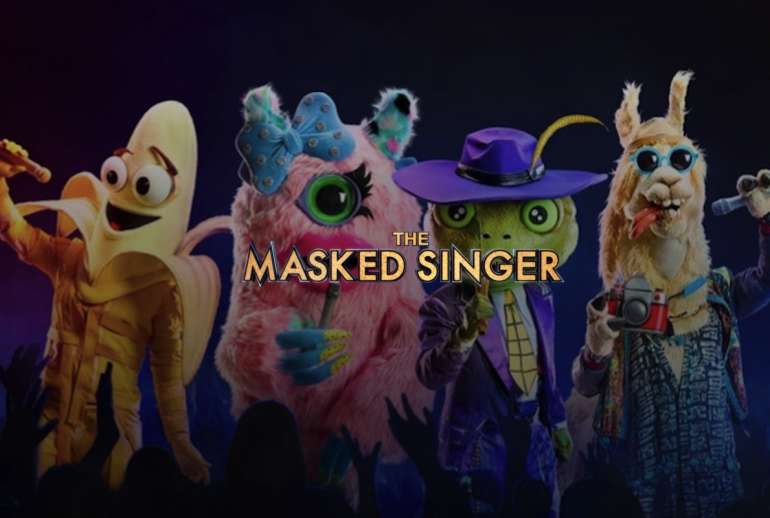The countdown clock has started ticking for the final chapter of Netflix’s global phenomenon. The streaming giant dropped the full trailer for Squid Game Season 3 at their Tudum 2025 event, and the footage promises a blood-soaked conclusion to Gi-hun’s desperate fight against the games that have consumed his life. Set to arrive on June 27, 2025, the third and final season picks up in the aftermath of Season 2’s brutal cliffhanger. The trailer opens with one of the most haunting images in the series yet: Gi-hun lying motionless inside a black coffin adorned with a pink ribbon, his eyes snapping open in a Christ-like resurrection scene that signals his return to the deadly arena. The visual storytelling operates on multiple symbolic levels, positioning Gi-hun as a martyred figure while drawing deliberate parallels to religious iconography. This resurrection motif becomes even more chilling when you realize he’s trapped in an endless cycle of death and rebirth within the game’s twisted ecosystem.
The trailer introduces a new team-based mechanic that adds psychological warfare to the physical brutality. Players approach what appears to be a giant gashapon machine (the Japanese equivalent of a gumball dispenser), turning the handle to receive either red or blue balls that determine their team assignments. This random selection process strips away any sense of choice or control, forcing players into arbitrary alliances that will pit friends and family members against each other. The color-coded vest system that follows creates a stark visual divide in the dormitory scenes.
Players wearing red and blue uniforms face off in what appears to be a maze-like environment, with Gi-hun visible in his red vest navigating corridors that suggest the games have evolved into more complex, multi-stage challenges. The maze setting implies players must work together within their assigned teams while competing against the opposing faction. The spatial dynamics create claustrophobic tension that amplifies the psychological pressure on contestants who must now balance individual survival with team loyalty.
The VIPs make their anticipated return, but with a significant change that reflects broader social commentary. While Season 1 featured exclusively male VIPs in their golden animal masks, the Season 3 trailer reveals that female VIPs will be joining the wealthy spectators who derive entertainment from human suffering. These scenes show the masked elites dining and observing from their privileged perches, reinforcing the show’s critique of how the ultra-wealthy view human life as disposable entertainment. The inclusion of women among the VIP ranks demonstrates that the capacity for cruelty and exploitation transcends gender lines.
The most emotionally devastating element comes at the trailer’s end: the sound of a baby crying. This haunting audio cue connects to Kim Jun-hee (Player 222), the pregnant contestant whose storyline explores whether innocence can survive in a world built on exploitation and sacrifice. The crying suggests her pregnancy will reach its conclusion during the games, adding an entirely new dimension of horror to the proceedings. The juxtaposition of new life emerging within this death-obsessed environment forces viewers to confront uncomfortable questions about the world we’re creating for future generations.
The trailer’s visual palette maintains the series’ signature aesthetic while introducing new elements of psychological torment. The familiar pink guards and geometric architecture remain, but the addition of the team-based mechanics creates more complex spatial dynamics. The maze sequences feature stark lighting that emphasizes the claustrophobic nature of the new challenges, while the VIP observation areas showcase opulent excess that contrasts sharply with the players’ desperate circumstances. The production design continues to use color as a storytelling device, with the red and blue team divisions creating visual tension that mirrors the emotional conflicts.
Religious symbolism weaves throughout the footage, extending beyond Gi-hun’s resurrection scene. The way players are divided by random chance echoes themes of predestination and fate, while the maze structure suggests a purgatorial journey where survival depends on navigating moral and physical obstacles. The pink ribbon on Gi-hun’s coffin serves as grotesque gift-wrapping of death, turning mortality into another twisted game element. These symbolic layers add depth to what could otherwise be simple survival horror.
The trailer confirms that Season 3 will function as the series finale and a culmination of the psychological warfare that has defined the show since its debut. The absence of dialogue in the preview footage allows the visual storytelling to carry the emotional weight, creating an atmosphere of dread that suggests the final season will push its characters to their absolute breaking points. The team-based structure promises to complicate the moral landscape even further, forcing players into collective decision-making that could tear apart the relationships they’ve formed.
Previous seasons focused on individual survival choices, but the red versus blue dynamic forces players into group dynamics that create new forms of betrayal and sacrifice. The mother-son duo of Geum-ja and Yong-sik, visible in the trailer, will face separation across team lines, creating heartbreaking scenarios where family bonds become strategic liabilities. The games have evolved from testing individual moral boundaries to examining how people behave when forced to choose between personal relationships and group survival.
With its June 27 release date, Squid Game Season 3 arrives six months after Season 2, maintaining momentum while building toward what creator Hwang Dong-hyuk has promised will be the definitive conclusion to Gi-hun’s journey. The trailer suggests this final chapter will strip away any remaining illusions about the possibility of beating the system, instead focusing on how much humanity can survive when pushed to its limits. The crying baby that closes the trailer serves as a reminder that even in this world of manufactured death, life continues to emerge, forcing viewers to confront questions about what kind of world we’re creating.
The gashapon machine becomes a perfect metaphor for the arbitrary nature of fate in late-stage capitalism, where your destiny depends on which ball you happen to draw rather than any merit or choice on your part. The machine dispenses colored futures with the same mechanical indifference that society sorts people into winners and losers. The visual of players turning the handle mirrors how we participate in systems that ultimately control us, believing we have agency when we’re simply following predetermined scripts.
Season 3 promises to be the most emotionally brutal installment yet, with the team structure forcing contestants to experience collective trauma while maintaining the individual stakes that made the original series so compelling. The maze environment suggests that the path to survival has become more complex, requiring not just physical endurance but strategic thinking and social navigation. The final season appears designed to test every aspect of human nature, from our capacity for cooperation to our willingness to sacrifice others for personal gain.



